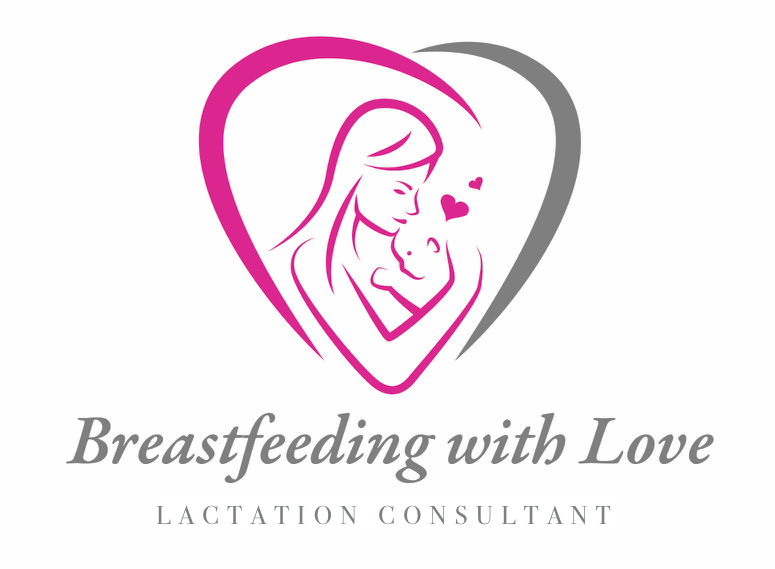The Power Of Fruits And Vegetables While Breastfeeding
Fruits and vegetables are needed to promote good health. In fact, nutrition plays the key role in preventing all types of diseases. The nutrients found in fruits and vegetables have a significant impact on our health. Additionally, vitamins and minerals are found in a wide variety of foods and balanced diet. Everyone should eat fruits and vegetables in their diet, especially when breastfeeding.Fruits and vegetables contain many minerals like calcium, iron, magnesium and potassium, which helps your muscles to work including your heart and regulates blood pressure. Antioxidants are naturally occurring substances found in fruits and vegetables. They are essential for optimal health. Potassium is good for the kidney functions and helps maintain blood sugar levels. Calcium is good for bones and normalizes blood pressure and lowers the chances of colon cancer. Phosphorus aids in cell growth and kidney functions. Magnesium helps the body utilize foods and muscles to function properly.Fruits and vegetables are rich in vitamins and minerals. Fruits and vegetables are rich in water-soluble vitamins, including B-complex vitamins. Vitamin C keeps your immune system working and keeps your skin and connective tissue strong. Green peppers, kiwi, strawberries, sweet potato, kale, cantaloupe, broccoli, pineapple, Brussels sprouts, oranges, mangos, tomato juice and cauliflower are good examples of this vitamin. Vitamin A, E, and C protects the cells in your body. Vitamin A promotes good vision, healthy skin, and a strong immune system. Carrots, broccoli, kale, pumpkin, sweet potatoes, cantaloupe and red peppers have Vitamin A in it. Apples are high in potassium, calcium, phosphorus and Vitamin A. Bananas is loaded with potassium and high in magnesium and Vitamin A. Vitamin C is good for the skin, essential for good dental health and promotes healing. Grapes are a good source of potassium and phosphorus, as well as magnesium, Vitamin C, and K. Cranberries have potassium, phosphorus, and Vitamins A and C. Nectarines contain potassium, phosphorus, magnesium, calcium and Vitamin A and C. Oranges has Vitamin A and C and folate. Peaches contain A, C, E, and K. Vitamin K is necessary for normal blood clotting and strong bones and may reduce the chance of developing some cancers. It also helps heel wounds. Cauliflower, Brussel sprouts, broccoli, lettuce, spinach, tomatoes, cabbage and string beans, have Vitamin K. Vitamin E aids in cardiovascular health and may prevent cataracts and certain cancers.Vitamin E is an antioxidant that nutrients free radicals in the body that causes cell degeneration improves circulatory functions and aids in blood clotting. Is also fights breast diseases. Spinach, broccoli, kiwi, mangos, and tomatoes have Vitamin E. Vitamin B reduces heart diseases and strokes, ease stress, alleviates depression, helps the nervous system and helps break down carbohydrates, bananas, lentils, chili peppers, dark leafy vegetables, berries, and beans. In conclusion, nutrition during breastfeeding is essential. Adding fruits and vegetables to your diet is important to your health. They provide essential vitamins and minerals, fiber and other substances.Make sure you eat a variety of fruits and vegetables daily. Fruits and vegetables focus on building your immune system in its own way. Lastly, try to get more fruits and vegetables in your diet. In the end, it will be will worth the effort.

